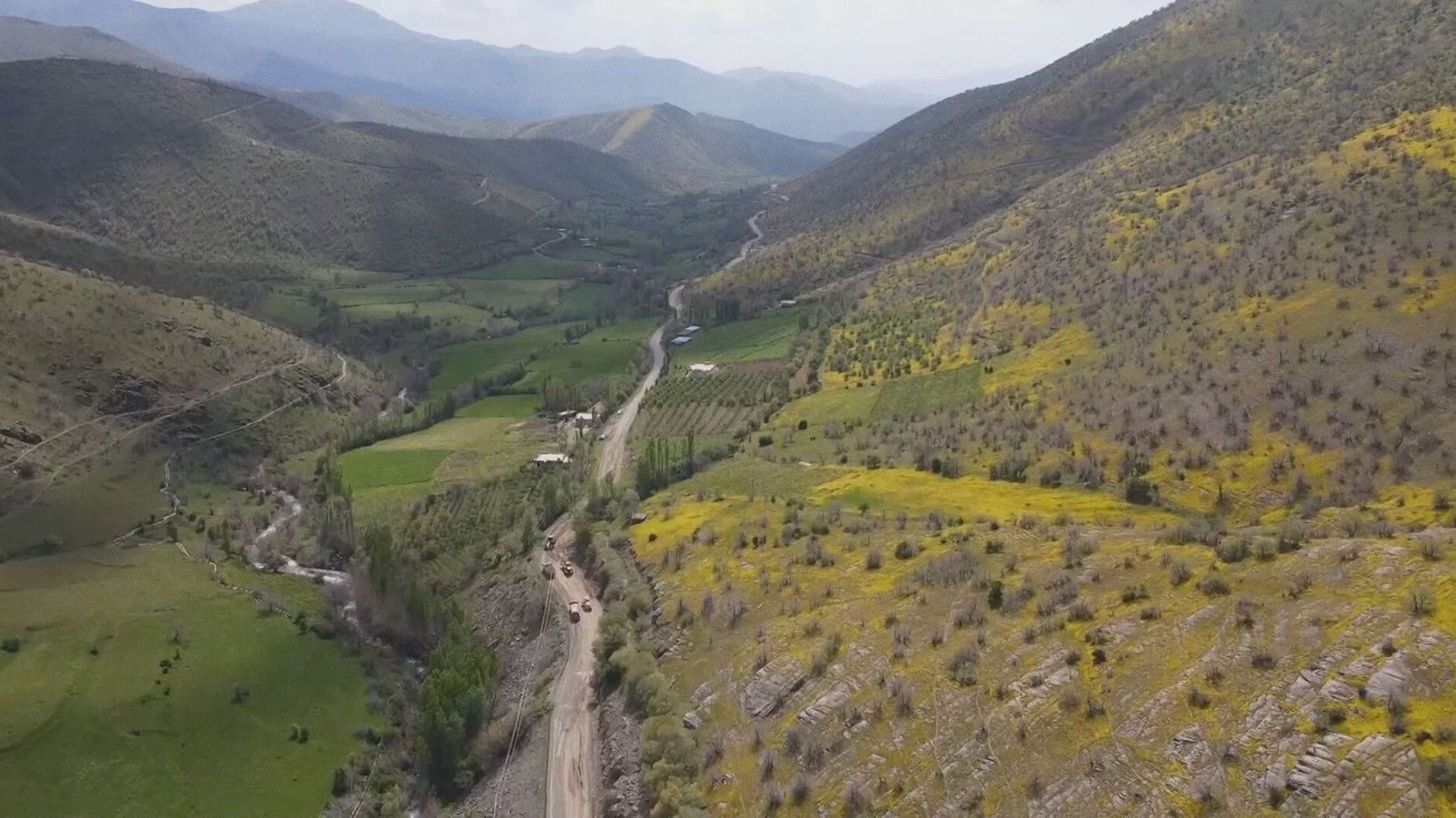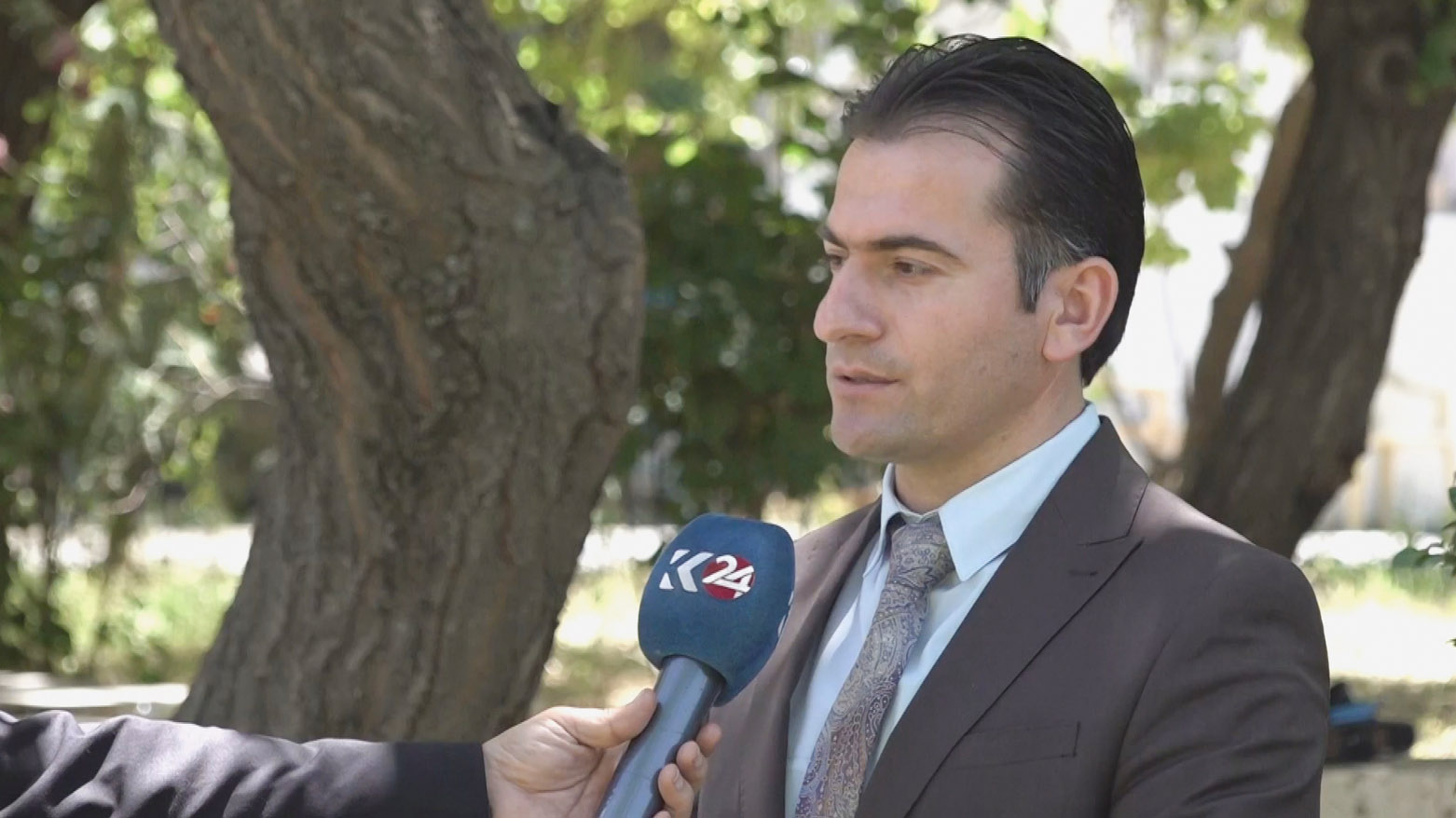PKK-Türkiye Truce Could Breathe Life into Bradost
Over 100 depopulated villages in Sidakan district could be revived if a PKK-Türkiye ceasefire is reached, local officials say. Years of cross-border conflict have devastated the region, but residents now express cautious hope for peace, stability, and economic revival.

By Kamaran Aziz
ERBIL (Kurdistan24) – More than 100 villages in Kurdistan Region's Sidakan district, long affected by cross-border conflict, could be revived if a new peace initiative between the Kurdistan Workers’ Party (PKK) and the Turkish military is formalized, local officials have announced.
Ihsan Chalabi, the mayor of Sidakan, told Kurdistan24's Tayfour Mohammed that a genuine ceasefire would allow for the reconstruction of abandoned areas and the revitalization of both the agricultural and tourism sectors in the rugged, strategic border zone.

“For over 30 years, daily life in the Bradost region has been defined by bombings, village burnings, razed orchards, and forced evacuations,” Chalabi said. “The fighting between the PKK and Turkish forces has rendered much of the area unsafe and economically paralyzed. But if a new peace process is announced, we could see major development.”
One resident, Mohammed Bewasi from a village in the Bradost region, shared his cautious optimism. “We are truly pleased about the possibility of a peace agreement between the PKK and Türkiye,” he told Kurdistan24’s Tayfour Mohammed. “If a ceasefire is reached, our region will become stable and flourish once again.”
The Sidakan district, located at the tri-border area between the Kurdistan Region, Türkiye, and Iran, has long been a flashpoint in the conflict between Ankara and the PKK. The fallout has devastated local livelihoods and displaced large portions of the rural population.
According to Chalabi, out of 264 villages within Sidakan’s administrative boundaries, 188 have been fully depopulated due to military operations, while 20 more remain at high risk of abandonment.
“The PKK-Türkiye conflict has prevented us from benefiting from the area’s vast tourism potential,” Chalabi noted. “Peace would not only bring back villagers—it would bring back opportunity.”
As local officials and residents express hope for calm, the prospect of renewed diplomacy has rekindled aspirations for peace, prosperity, and the revival of a region long defined by its absence.
Kurdistan24 correspondent Tayfour Mohammed contributed to this report.
